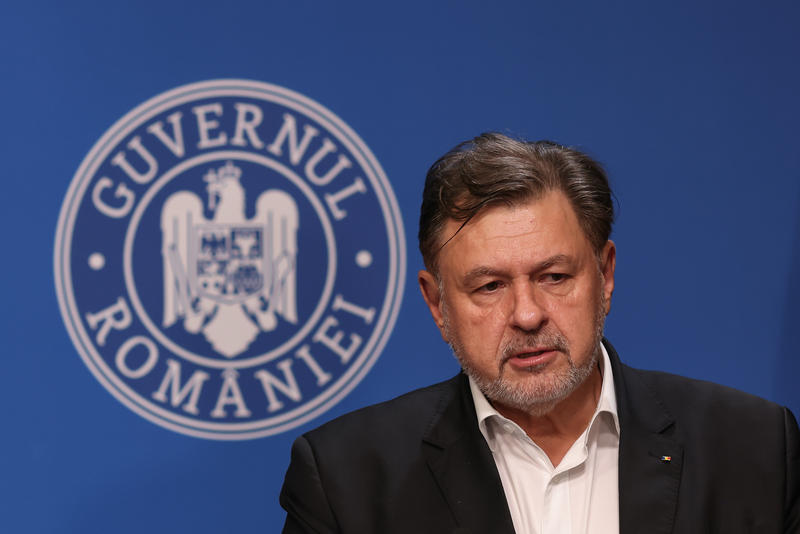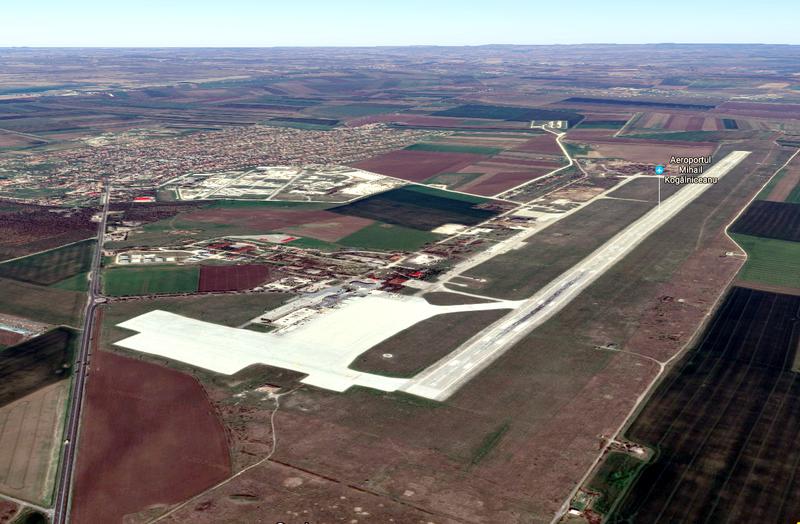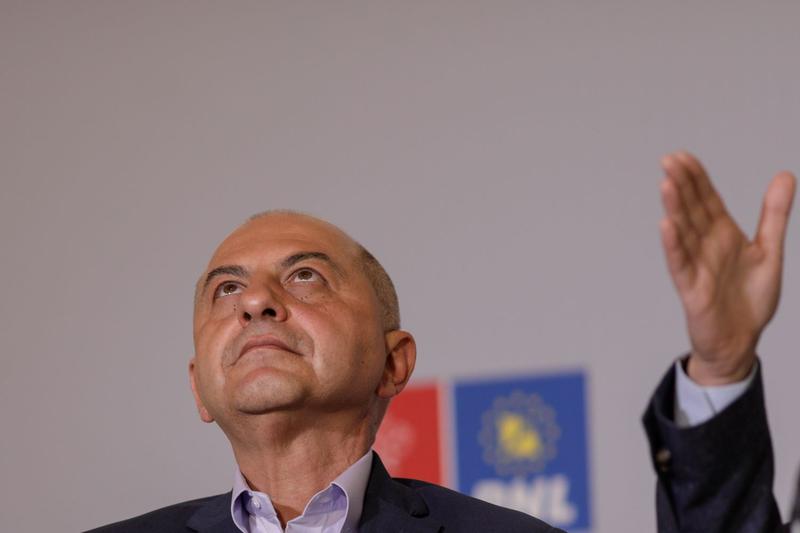The Romanian Central Bank (BNR) Administration Council decided to reduce the key interest by 0.5%, from 8.5% to 8%, in conformity with what the market analysts have predicted. The decision, affecting BNR's main monetary market operations, was taken as to stimulate economic growth, whose perspectives worsened, with the inflation rate being moderated during the last months and with a stable currency exchange rate.
But the relaxation of the monetary policy will not trigger automatically the same approach regarding crediting. It is expected to take several months until it will have an effect on the monetary policy interest rate in the banking system. The real problem with crediting is not related to the interest so much as it is connected with a lack of solvable demand and the crediting risk. The crediting interests are decreasing and BNR's decision will encourage the trend.
On the other hand, BNR did not touch the level of compulsory minimum reserves that is the sum that banks deposit with BNR for passives. The need of liquidity on the market is considered to be consistent, especially after the Finance department attracted sufficient MF sums for the State's financial needs.
BNR aimed for a 3.5% inflation rate in 2009, +/- 1%, after it missed the targets in 2007 and 2008. The institution forecasts that the inflation rate in December will be 4.3%. Consumerist prices dropped 0.19% against last month, against with the -0.07% in July. The inflation rate dropped for the sixth month consecutively, from 5.06% to 4.96%. This level has not been reached since August 2007.




















